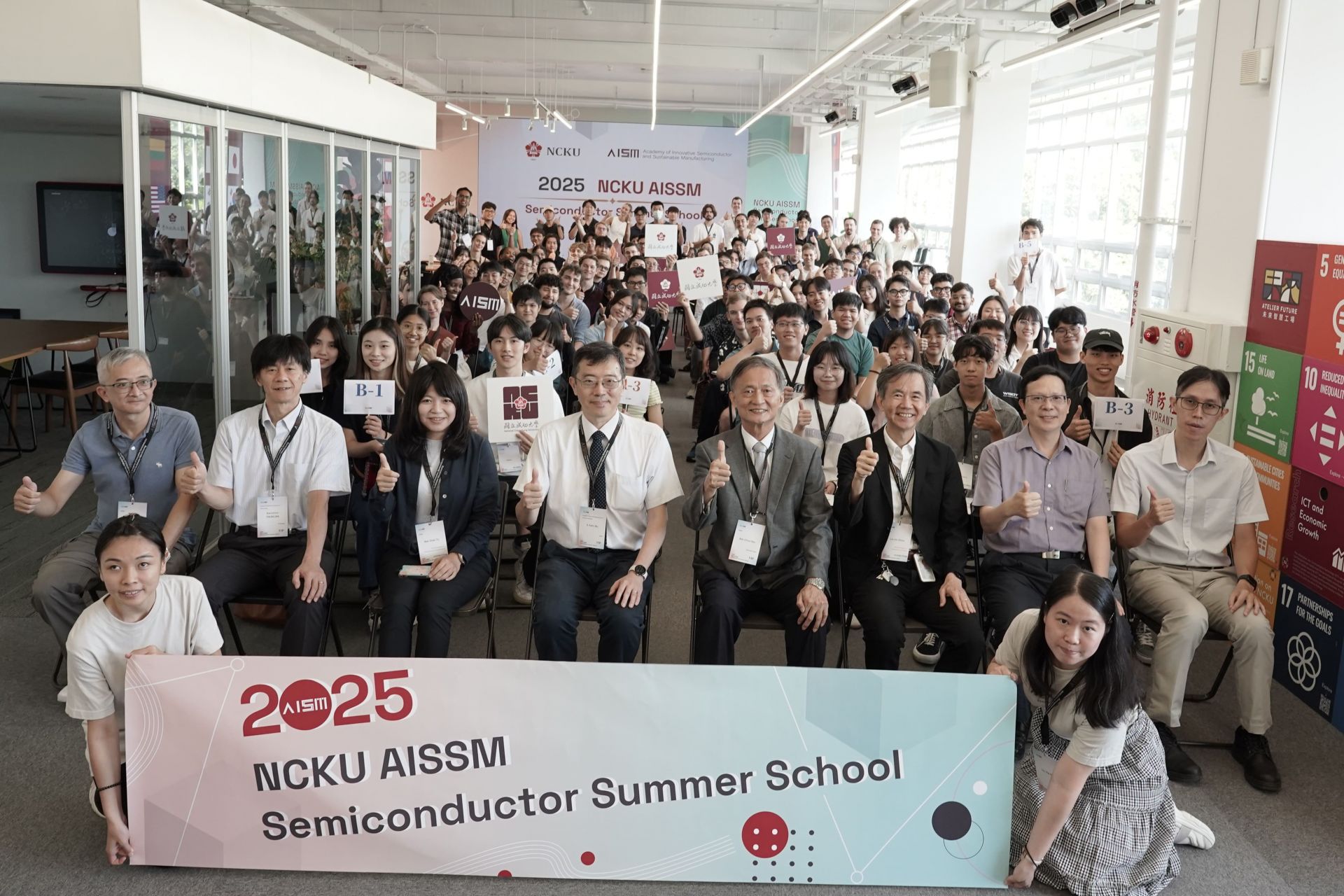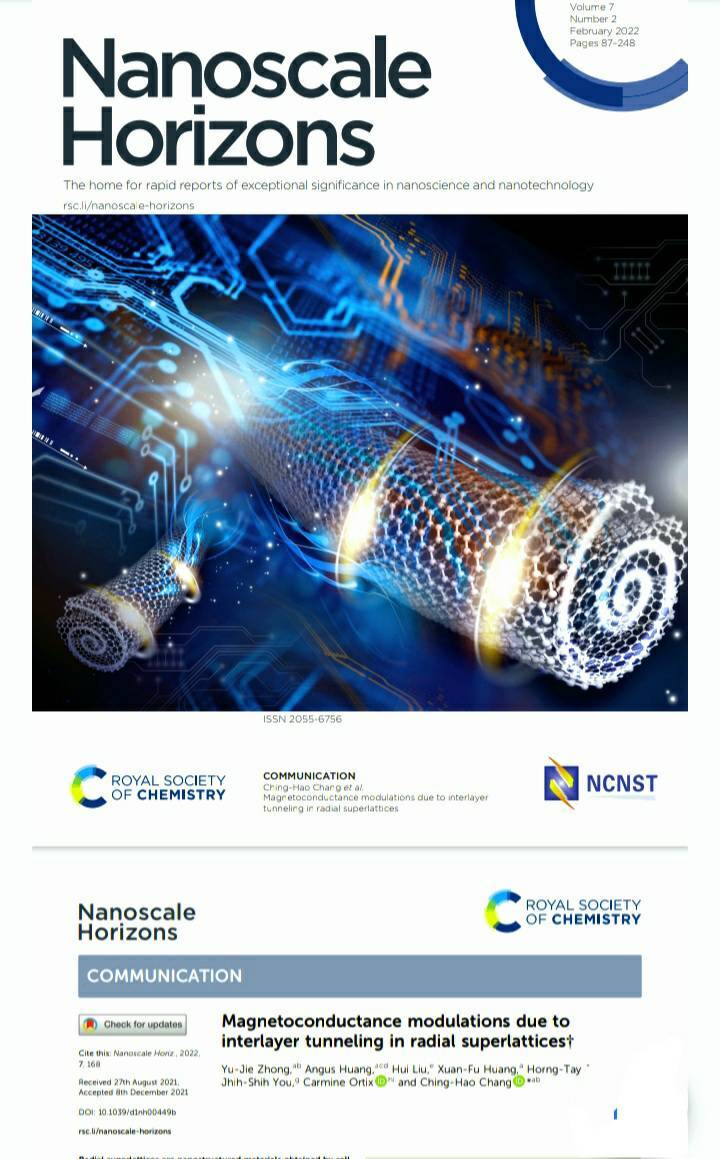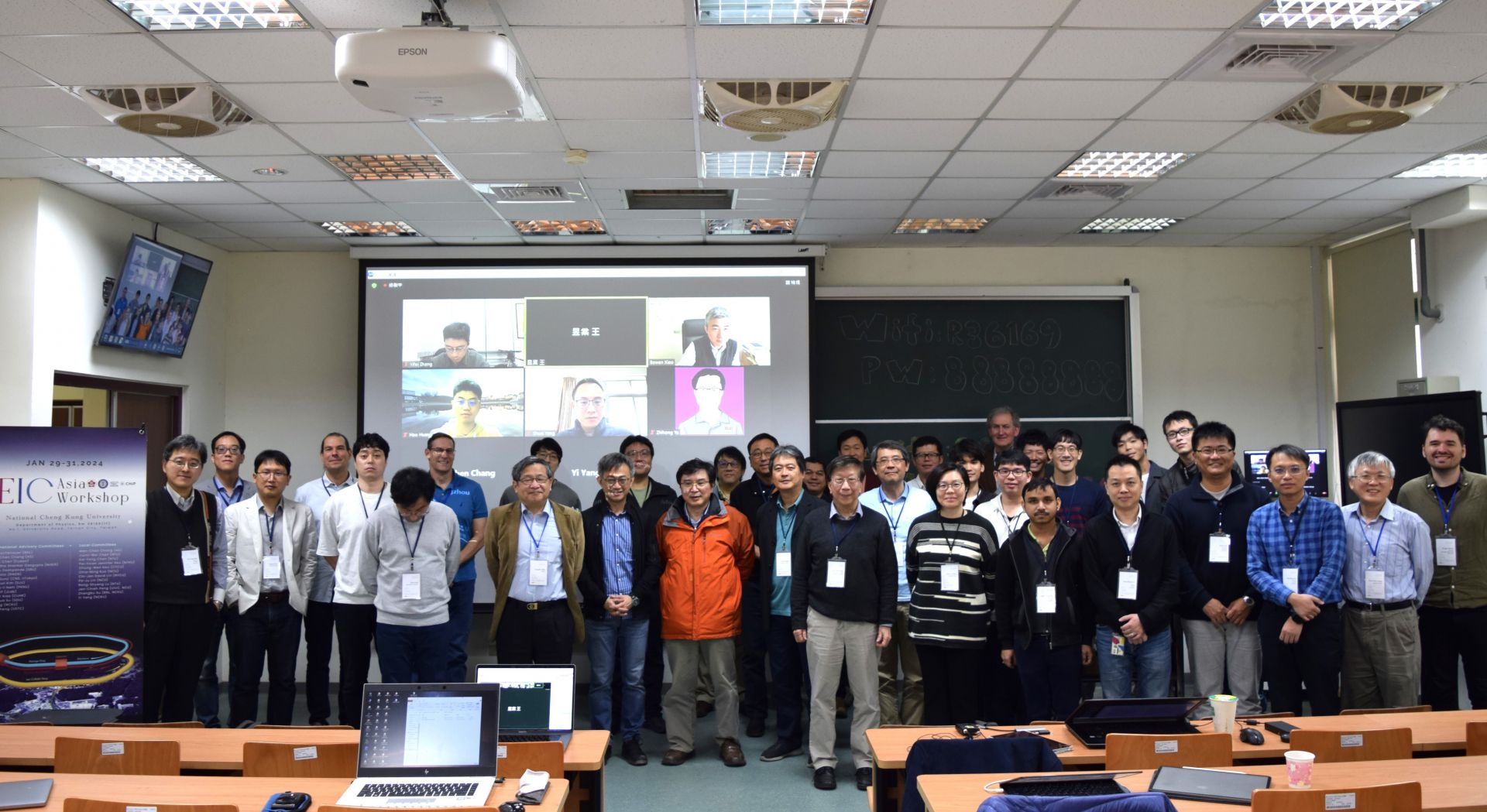SDG9
The Kibo-RPC Taiwan Preliminary Held at NCKU — Taiwanese Students to Travel to Japan for Final Round in Space Robotics Challenge
The 6th Kibo Robot Programming Challenge (Kibo-RPC) took place on July 13 at National Cheng Kung University (NCKU). This year’s competition attracted an all-time high of 738 teams and 3,082 participants worldwide. From Taiwan, 307 students across 77 teams registered for the Taiwan preliminary round. Ultimately, Team iTron from National Yang Ming Chiao Tung University emerged as the champion and will represent Taiwan at the final competition held later this year at the Tsukuba Space Center in Japan, competing alongside international finalists.
Kibo-RPC is an international programming competition jointly organized by the Japan Aerospace Exploration Agency (JAXA) and the National Aeronautics and Space Administration (NASA) as part of the Japan-U.S. Open Platform Partnership Program (JP-US OP3). The Taiwan preliminary was hosted by the Taiwan Space Agency (TASA), organized by NCKU, and co-organized by the Tainan City Government and the Association of Computational Mechanics Taiwan, with sponsorship support from the Sanlien Educational Foundation and Logitech International S.A.
The competition integrates space missions with programming challenges. Participants are required to write control programs for an autonomous free-flying robot called Astrobee, which operates aboard the Kibo module of the International Space Station (ISS). Tasks include navigation and localization, obstacle avoidance, image recognition, and precision movement, comprehensively testing students’ abilities in AI, robotics, and logical application.
To ensure fairness and technical rigor, a centralized testing day was held in June, during which each team’s code was subjected to 10 simulation runs. Final scoring combined the results of these simulations with the team’s on-site English presentation, which introduced their mission strategy and programming approach. Evaluation criteria included technical depth, presentation clarity, and creative execution.
In his opening remarks, NCKU Vice President Yung-Chun Lee expressed his honor that the university had hosted this international competition for three consecutive years. He noted that Kibo-RPC is more than just a contest — it is a vital platform for cultivating future space technology talent. He encouraged students to embrace the spirit of innovation and perseverance, stating, “If you keep working toward your dreams, they will one day come true.”
Director-General Hsin-Hui Cheng of the Tainan City Bureau of Education also delivered remarks, emphasizing that Taiwan’s technology and semiconductor industries urgently need passionate talent. He thanked NCKU for its efforts in promoting forward-looking technology education and told the students, “Each of you represents the future of Taiwan. Take this opportunity to learn, exchange ideas, and grow together.”
Dr. Tsung-Shin Wu, Director of the Taiwan Space Agency, highlighted that the essence of Kibo-RPC lies in inspiring young people’s passion for space technology while strengthening their problem-solving and teamwork skills. He extended special thanks to Professor I-Ling Chang and her team at NCKU, as well as all co-organizing institutions, for their efforts in making the event a success. He also expressed his hopes for Taiwan’s representative team to shine in the upcoming international finals in Japan.
As part of the competition, each team gave a 3 to 5-minute English presentation, introducing their mission strategy and programming concepts. Judging criteria encompassed technical strength, clarity of presentation, and creativity. The championship title ultimately went to Team iTron from National Yang Ming Chiao Tung University. Team leader Ying-Pei Lin said, “This was our first time participating, and we’re incredibly grateful to take the first step toward realizing our dream. As we head to Japan to represent Taiwan, we’ll give it our all and strive for the world title.”
Kibo-RPC is an international programming competition jointly organized by the Japan Aerospace Exploration Agency (JAXA) and the National Aeronautics and Space Administration (NASA) as part of the Japan-U.S. Open Platform Partnership Program (JP-US OP3). The Taiwan preliminary was hosted by the Taiwan Space Agency (TASA), organized by NCKU, and co-organized by the Tainan City Government and the Association of Computational Mechanics Taiwan, with sponsorship support from the Sanlien Educational Foundation and Logitech International S.A.
The competition integrates space missions with programming challenges. Participants are required to write control programs for an autonomous free-flying robot called Astrobee, which operates aboard the Kibo module of the International Space Station (ISS). Tasks include navigation and localization, obstacle avoidance, image recognition, and precision movement, comprehensively testing students’ abilities in AI, robotics, and logical application.
To ensure fairness and technical rigor, a centralized testing day was held in June, during which each team’s code was subjected to 10 simulation runs. Final scoring combined the results of these simulations with the team’s on-site English presentation, which introduced their mission strategy and programming approach. Evaluation criteria included technical depth, presentation clarity, and creative execution.
In his opening remarks, NCKU Vice President Yung-Chun Lee expressed his honor that the university had hosted this international competition for three consecutive years. He noted that Kibo-RPC is more than just a contest — it is a vital platform for cultivating future space technology talent. He encouraged students to embrace the spirit of innovation and perseverance, stating, “If you keep working toward your dreams, they will one day come true.”
Director-General Hsin-Hui Cheng of the Tainan City Bureau of Education also delivered remarks, emphasizing that Taiwan’s technology and semiconductor industries urgently need passionate talent. He thanked NCKU for its efforts in promoting forward-looking technology education and told the students, “Each of you represents the future of Taiwan. Take this opportunity to learn, exchange ideas, and grow together.”
Dr. Tsung-Shin Wu, Director of the Taiwan Space Agency, highlighted that the essence of Kibo-RPC lies in inspiring young people’s passion for space technology while strengthening their problem-solving and teamwork skills. He extended special thanks to Professor I-Ling Chang and her team at NCKU, as well as all co-organizing institutions, for their efforts in making the event a success. He also expressed his hopes for Taiwan’s representative team to shine in the upcoming international finals in Japan.
As part of the competition, each team gave a 3 to 5-minute English presentation, introducing their mission strategy and programming concepts. Judging criteria encompassed technical strength, clarity of presentation, and creativity. The championship title ultimately went to Team iTron from National Yang Ming Chiao Tung University. Team leader Ying-Pei Lin said, “This was our first time participating, and we’re incredibly grateful to take the first step toward realizing our dream. As we head to Japan to represent Taiwan, we’ll give it our all and strive for the world title.”
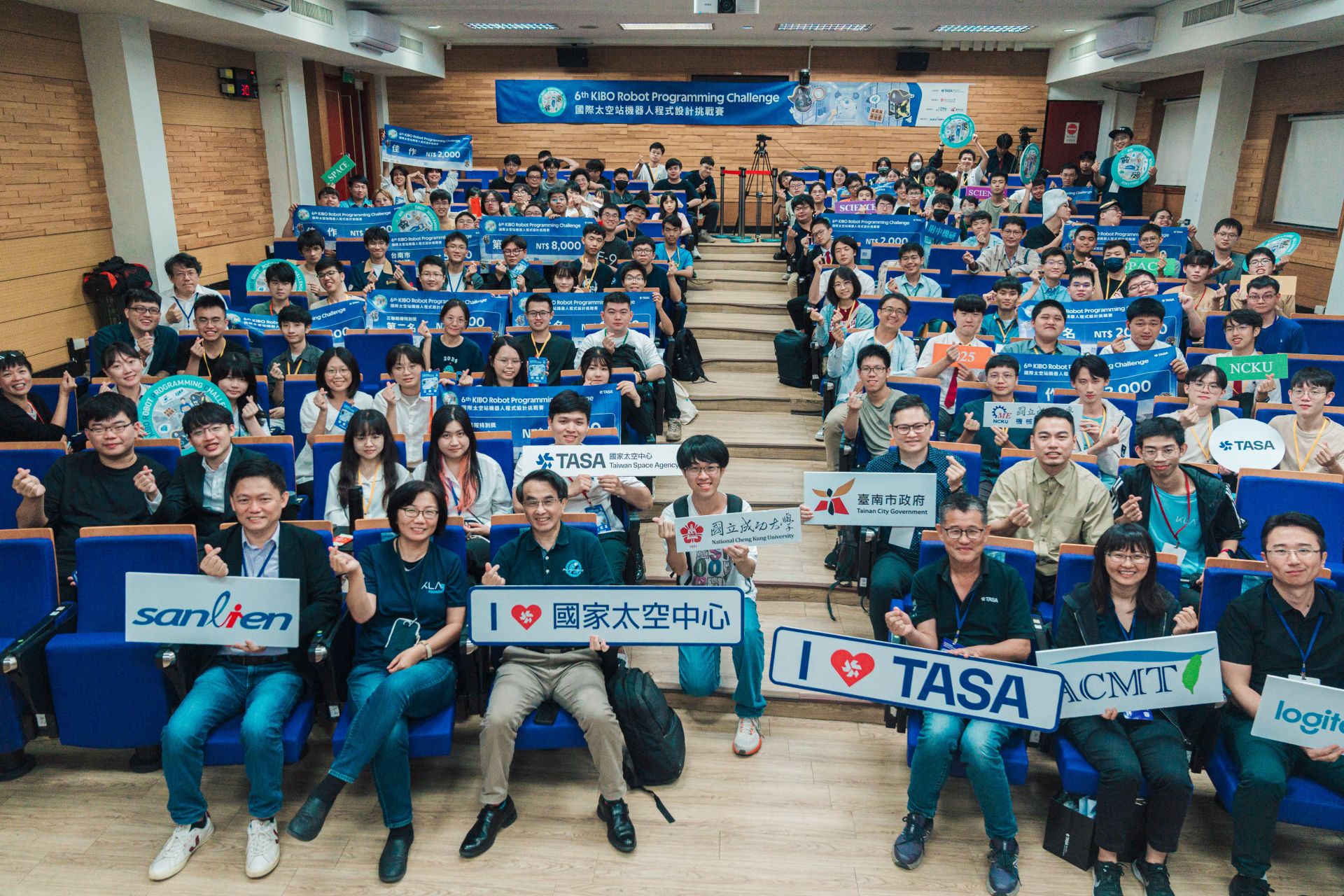
Group photo from the closing ceremony of the 6th KIBO Robot Programming Challenge.
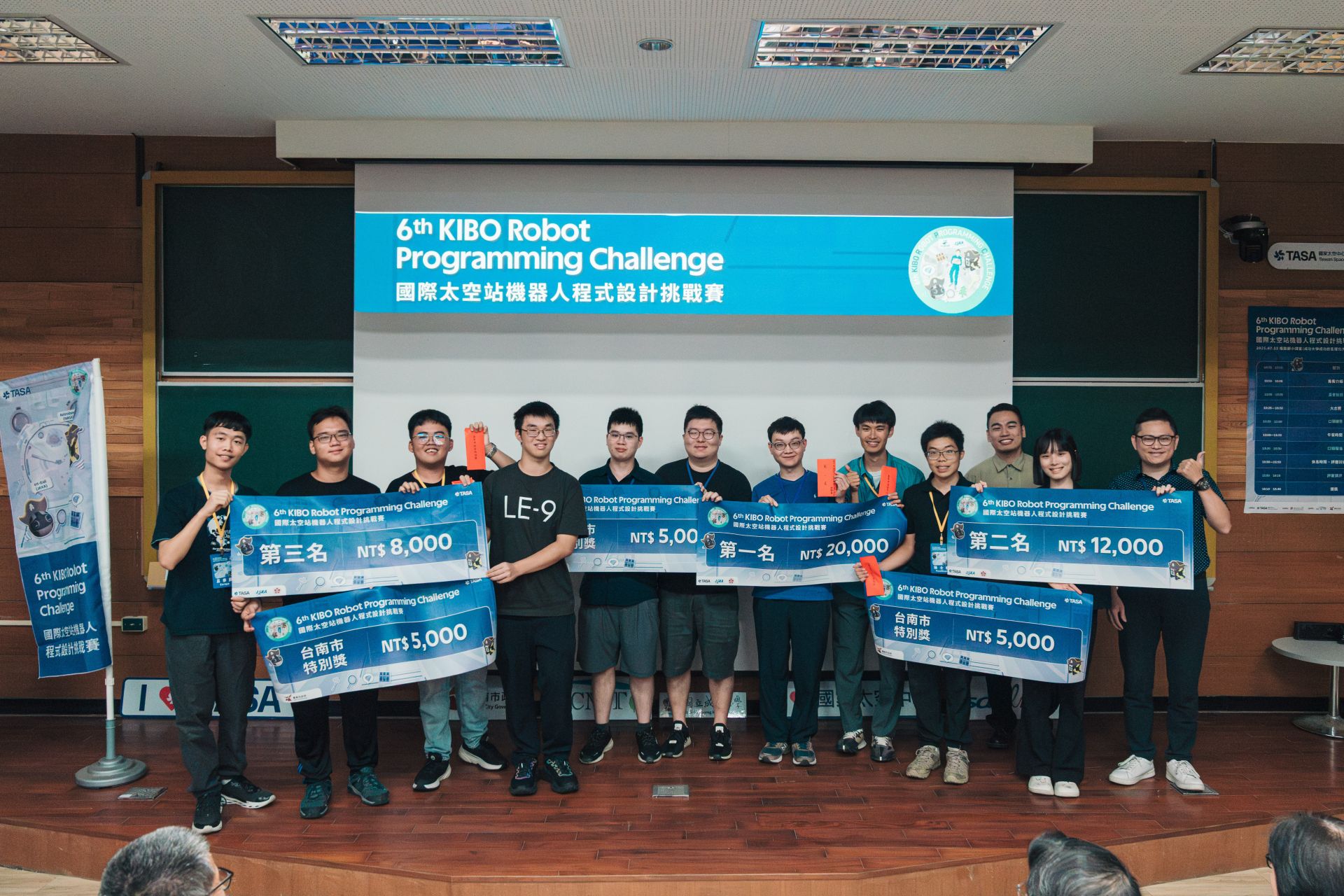
Group photo of the top three winning teams.
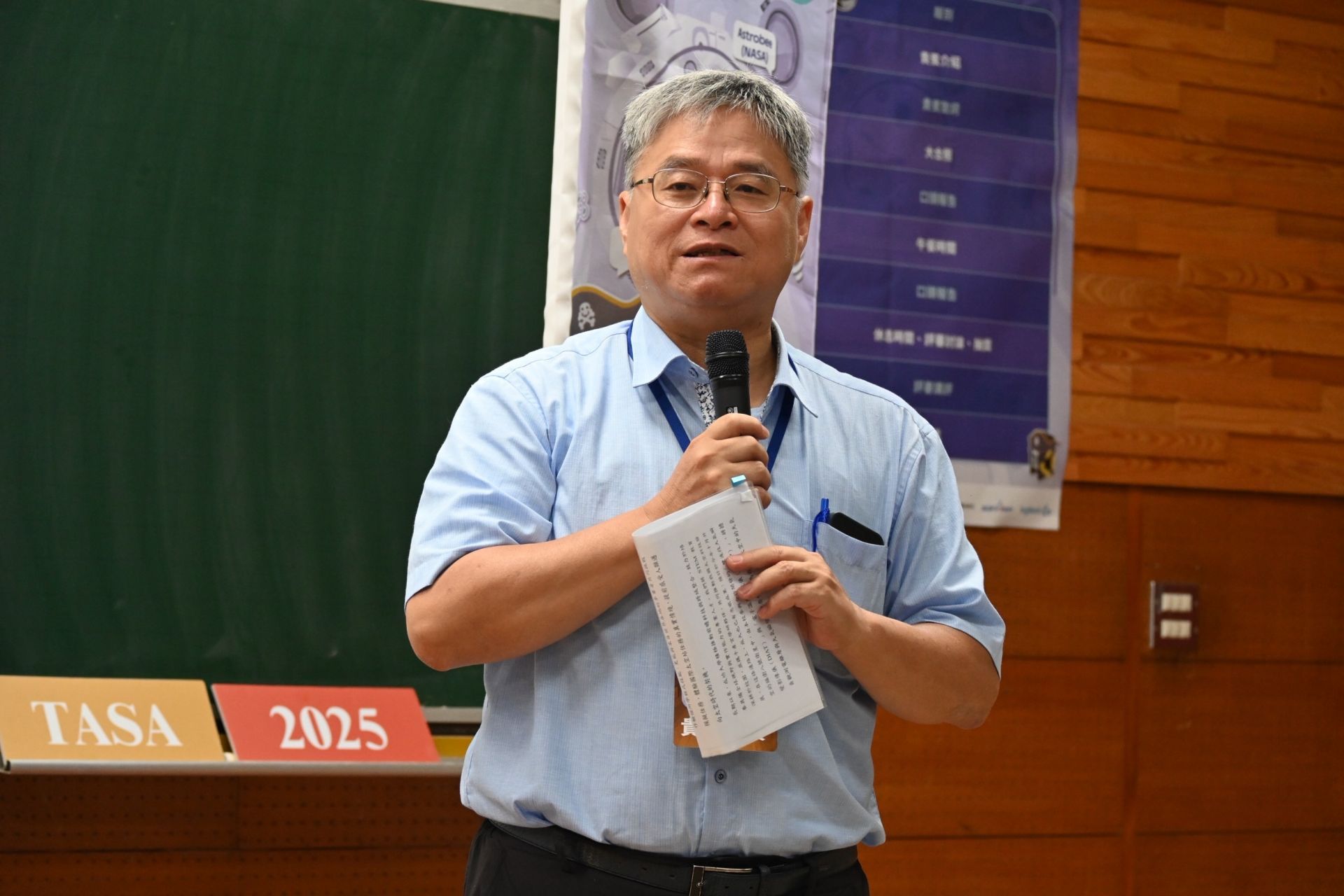
NCKU Vice President Yung-Chun Lee expressed his honor in having NCKU host this international competition for three consecutive years.
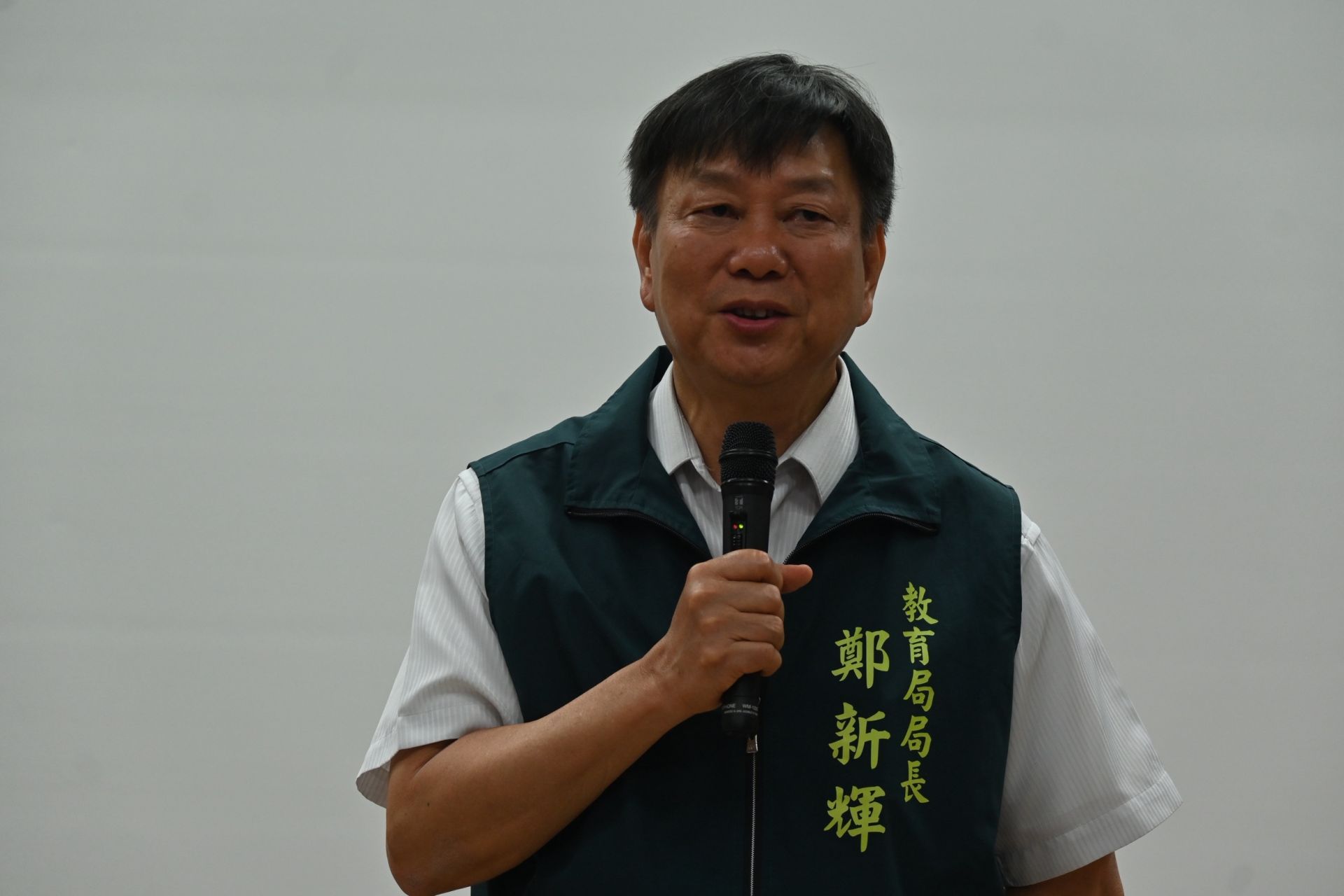
Director-General Hsin-Hui Cheng of the Tainan City Bureau of Education expressed his gratitude to NCKU for its active efforts in promoting forward-looking technology education.
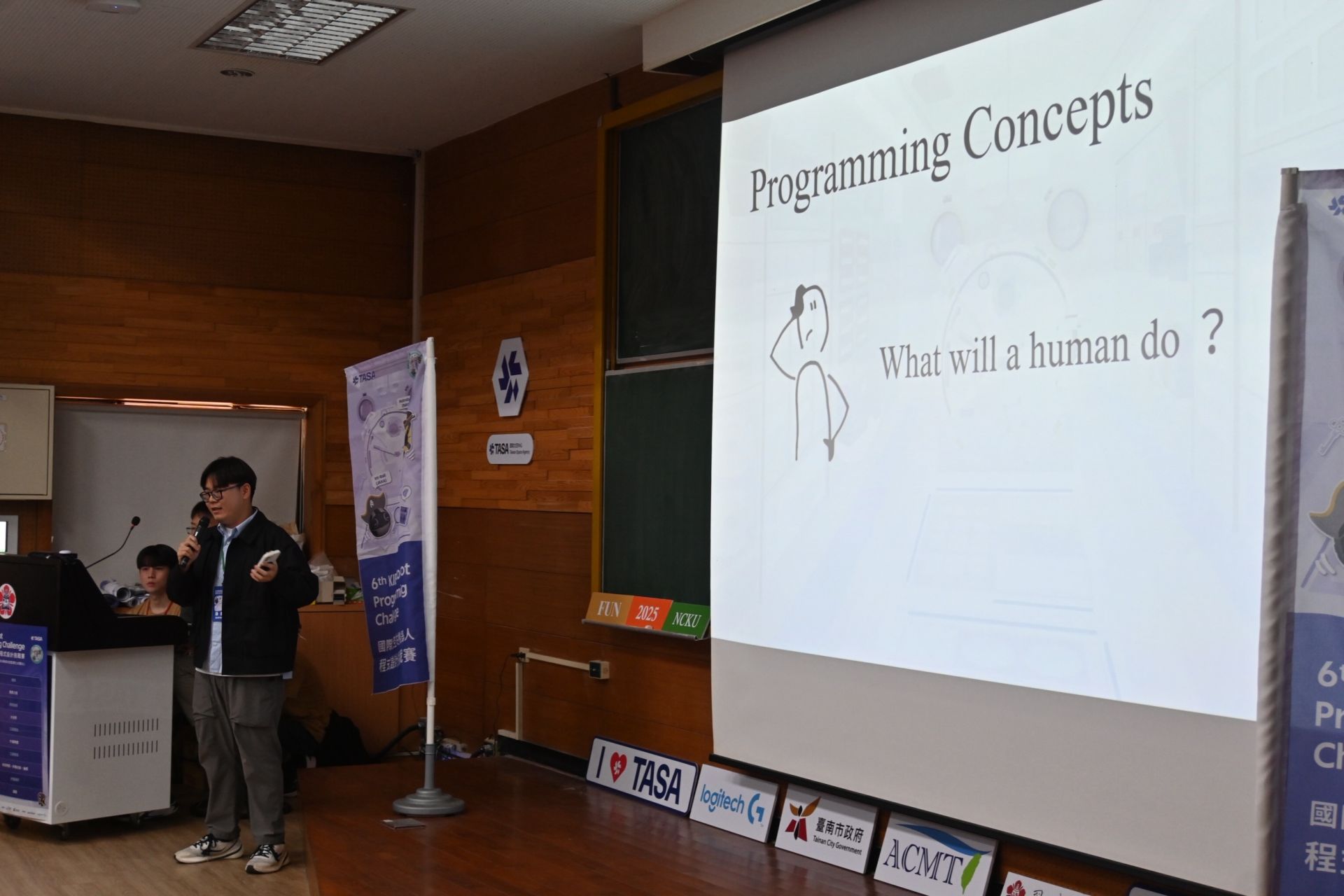
The competition on that day included a 3 to 5-minute English presentation by each team, introducing their mission strategy and programming approach.





